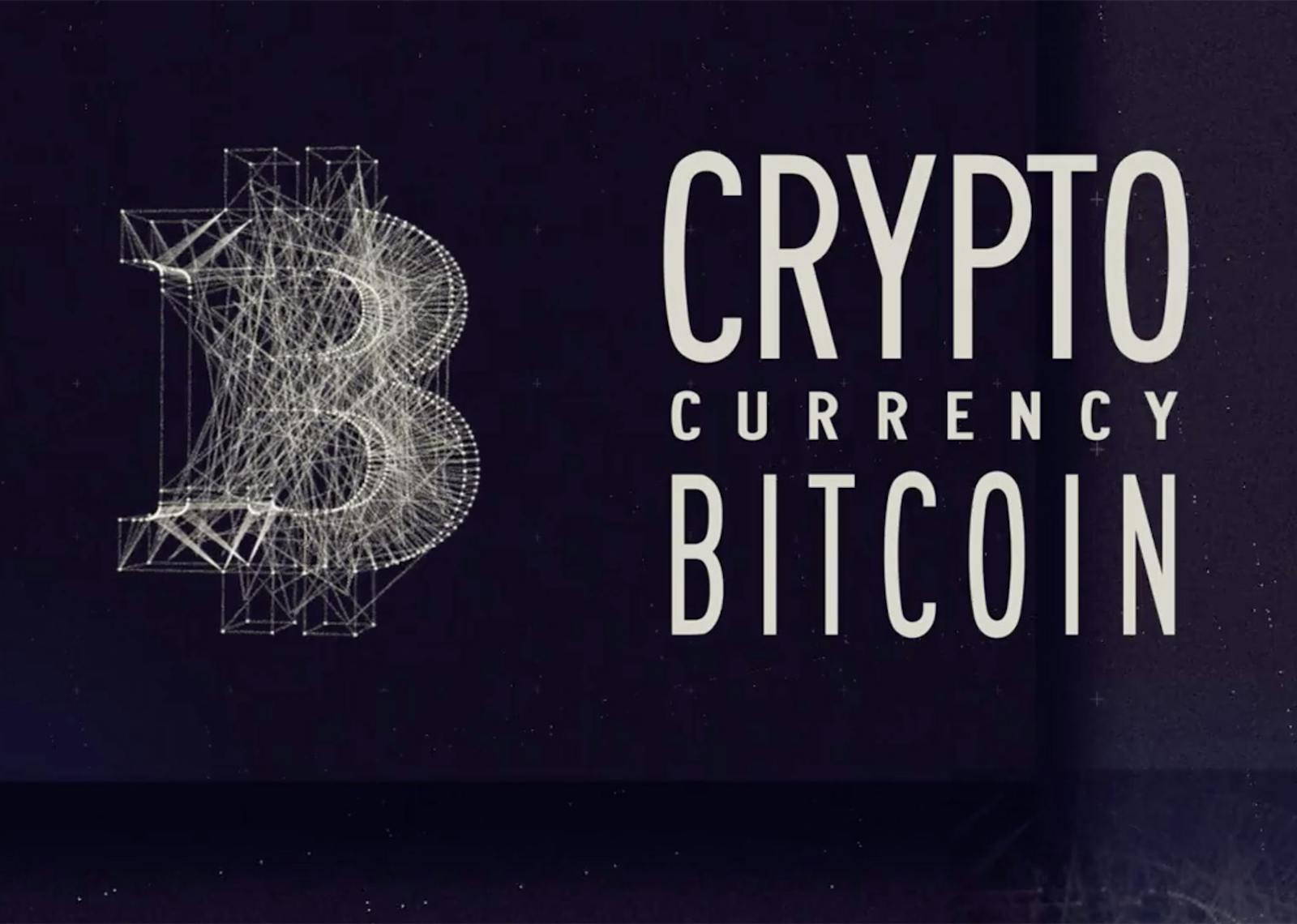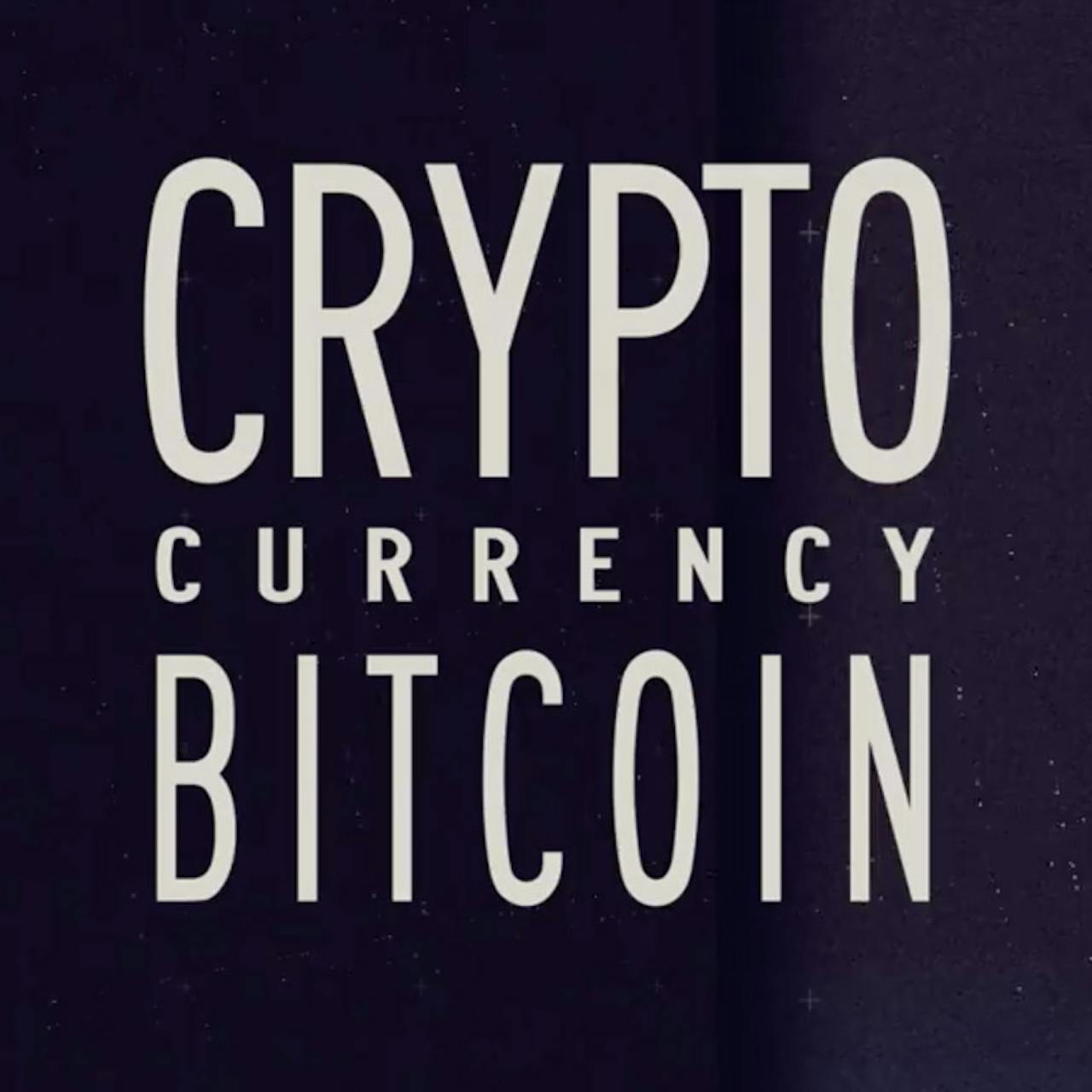What is Blockchain?


Simon Denny
Cryptocurrencies could fundamentally reframe economic order. Adam Smith’s invisible hand sprouts many more fingers, all unseen, across the automated and distributed network of blockchains proliferating across global networks, a 21st-century update to the Austrian and Chicago School economic theory that shaped the previous century’s expansive march of capital.
The efficiency wet dream of a technologically inscribed world imbues any new technology with the glow of “revolutionary” promise. Cryptocurrencies are stateless and, their proponents claim, secure, which could make them the possible basis of an economic future beyond borders. Not limited to exchanging value, blockchains could also be used to verify votes, secure birth certificates, or encrypt contracts, cutting out the middleman of not just banks but possibly even governments. Indestructible and incorruptible, blockchains become devices of trust—each node within it verifies each other, tracking its history—and we trust the blockchain’s own verifiability to in turn verify our information to one another. In an era of post-truth, then, could blockchains rescue liberalism from its own undoing, its nodes in their networks working together to allow us to better communicate and share?
But blockchains aren’t inherently good or bad. They’re just tools. They may have the potential for greater transparency but if the average person doesn’t really get how they work, is that really so easy to see through? As Silk Road sales of darknet drugs and hitmen show, they can be just as, if not more, opaque than cash when put to use. Even when put to “legitimate” use a new form of money could just be a new tool for a world whose borders become muddied not by liberatory internationalism, but by all-infecting corporate capitalism. Anonymity is a double-edged sword when corporations are people too.
After all, are networked nodes working together really the same as equal political participation? The U.S. Supreme Court might see currency as free speech, which is to say under global neoliberalism, it’s expensive to be free. For some, cryptocurrencies and blockchain could be the savior to the increasingly uncertain status of global liberalism, a sort of software update for capitalism. Cryptocurrency could make private and state banks obsolete, decentralizing money and fundamentally reframing how we think of ownership and exchange. For others, it could become another obscure financial instrument, a new toy for bankers to further financialize the world. And for those who’d rather a reboot than version 2.0, maybe blockchain could lead us to a democracy beyond money altogether. After all, it’s just a technology, not an ideology.
